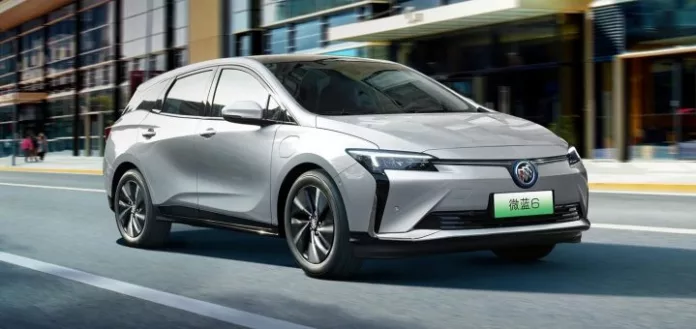Have you ever wondered why certain all-electric vehicles by major automakers are exclusively available in China, yet remain inaccessible to other global markets? The truth of the matter is that China’s automobile industry isn’t just the largest globally; it’s also at the forefront of the electric vehicle (EV) revolution. In fact, China accounted for an impressive 60% of the world’s plug-in vehicle sales in 2023.
With the price of plug-in vehicles in China competitive with combustion engines across various segments, the adoption of electric vehicles is skyrocketing. So much so, electric models are even surpassing traditional vehicles in more economically priced categories.
International Automakers and China’s EV Market
The need for international automakers to participate in China’s vehicle market is a must, especially those manufacturers that have been slow to embrace electric mobility in other regions. This includes brands like Honda, which, despite its conservative approach to EVs globally, has adopted a more aggressive stance in China.
Exclusive Electric Vehicles in China by Global Brands
Let’s delve into the surprising portfolio of battery electric vehicles (BEVs) that are offered by renowned automakers in China but are not available elsewhere.
Buick (General Motors)
General Motors presents a striking example with its Buick BEVs such as the Velite 6, which offers a range of over 200 miles and a competitive sales figure of nearly 10,000 units per month. Then, there’s the larger Electra E4, and for those looking for maximum size, the Buick Electra E5, both boasting significant real-world range and modern interiors. Not to mention the economical Wuling Mini and the more robust Wuling Bingo and Baojun Cloud for more space. Additionally, Cadillac models like the Lyriq are on offer for those seeking luxury.
However, General Motors isn’t alone. Ford also has a presence with the Mustang Mach-e, although its sales figures are less impressive. Other automakers, such as Japanese companies like Honda, Toyota, and Nissan, have also introduced various BEVs for the Chinese market that cannot be found elsewhere.
Honda, Toyota, and Nissan BEVs
Honda’s presence in the BEV space includes the e:Ns1 for the Chinese market. The company has further teased the launch of three new BEVs. Toyota, on the other hand, traditionally resistant to BEVs, has the bZ4X SUV and the more affordable bZ3 sedan which has outperformed the SUV in sales. Lexus markets its premium RZ in China as well.
Nissan too, despite its international acclaim with the Ariya SUV, boasts a lineup tailored for China, including the Venucia D60 EV sedan and two SUV models, Venucia T60 EV and VX6, each with competitive pricing and features.
Interestingly, while companies like Mazda have not yet introduced China-exclusive models, Subaru and Mitsubishi have a limited footprint in the country, with no BEV offerings, reflecting the wide array of strategies among automakers in the EV market.
While this article has provided a glimpse into the BEVs international automakers sell in China as opposed to other markets, there are also unique offerings from European manufacturers and others that will be explored in further updates. Stay tuned for more insights into the evolving electric vehicle industry’s global landscape.


























